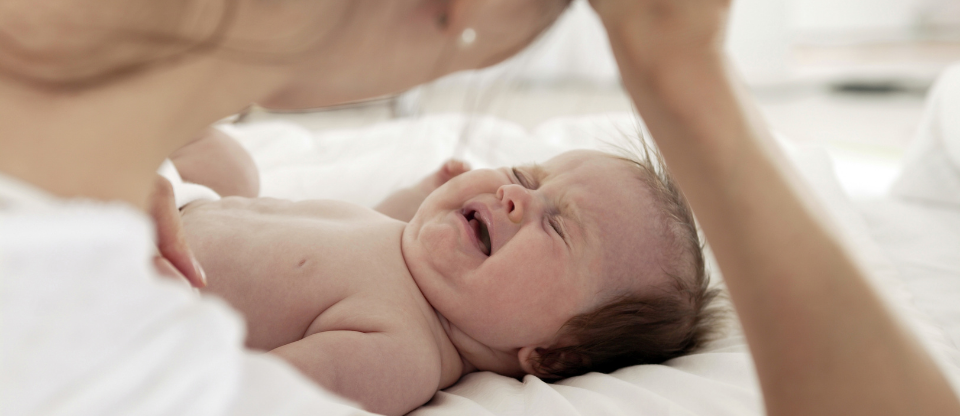It's easier said than done to stay cool when your baby is screaming. During the initial few days, weeks, and months, tensions and emotions are high.
The desire to calm your child – and the frustration that comes with it if you can't – can be overwhelming. However, it is also critical to strive to look out for oneself during these trying times. Crying is a normal part of a baby's development, and there are a variety of reasons why they cry. To learn more, continue reading.
Remember, you're not alone.
When your baby cries, it's natural to be upset. You may believe that your crying baby is in pain or suffering, and that you are failing as a parent because you are unable to stop the tears. When you're exhausted, unhappy, or grumpy, dealing with a crying baby might be considerably more difficult.
If you are struggling to end a crying episode, you aren't failing your infant. Even after parents have tried everything to calm their babies, they will still occasionally cry.
Remember that babies might cry for a variety of reasons, including boredom or being overstimulated. If you can start to think of your baby's cries as a way of sharing feelings rather than a source of distress, you may find it a bit easier to deal with it all.
Managing your frustration
If you've tried everything to soothe your baby and they’re still sobbing but appear to be well, just take a few deep breaths . Unfortunately, becoming uptight or agitated may cause your baby to cry even more as your emotions ‘rub off’ on them, just as theirs rub off on you.
- You could take a timeout to regain control of the situation. Put your baby in a safe area, such as the crib, if you're alone. Allow your baby to cry while you gather yourself in another room for a few minutes. You might talk to a friend or loved one, drink some tea, shower, listen to music, or meditate. Do everything you can to relax.
- Make a request for assistance. Allow your partner or another loved one to take over for a short period of time. Take advantage of babysitting offers from trusted friends or neighbors. Use the time to relax.
Be Gentle.
When your baby won't stop crying, you might be tempted to try anything to stop the tears but always try your best to remain calm. Never hit, shake, or throw your baby.
Babies' neck muscles are weak, and they frequently struggle to maintain their weighty heads. When a baby is shaken violently, the fragile brain inside the skull swings back and forth. Bruising, swelling, and bleeding may occur as a result of this. Shaking your baby can cause serious problems, such as blindness, brain damage, or even death.
Related: Help - My Baby Won't Stop Crying
Self-care is so important.
Taking time to care for yourself will help you manage better with the stress of caring for your unsettled baby. To practise self-care, do the following:
- Get as much rest as you can
- Ask for help and accept offers of help
- Go easy on yourself
- Get rid of unrealistic expectations about what life with a baby should look like
- Take a little time each day for yourself, if possible
You'll likely benefit from befriending parents of newborns in addition to relying on the support of family and friends. These connections can provide a wealth of information. They can also serve as a gentle reminder that you are not alone.
Related: The Ultimate Guide for New Parents
It’s okay to ask for help.
Managing the stress of parenthood is difficult. Don't be scared to seek help if you're worried about your capacity to deal with a screaming baby. For assistance, speak with a family member or friend, your doctor, or a mental health help line.


